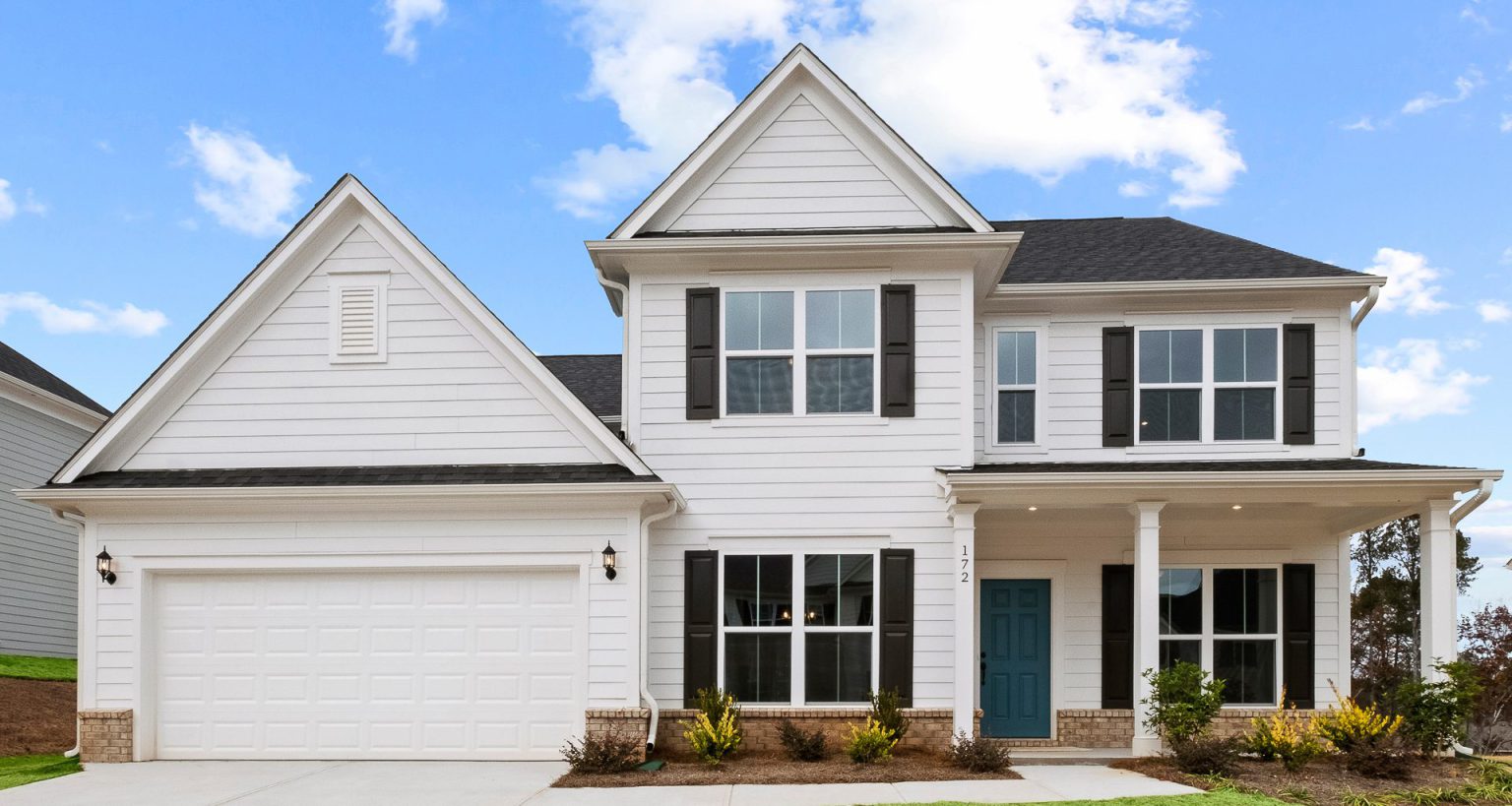With all the perks of buying a new construction home, it’s easy to get lost in the excitement of building your dream home! However, buying a home is a huge financial responsibility and it’s important to understand the costs involved. In this guide, we break down the closing costs of buying a new construction home!
Here a few fees you will likely notice on your Closing Disclosure when closing on a new home:
- Appraisal and home inspection fees
- Title search and title insurance fees
- Attorney fees
- Mortgage application fees
- Homeowner association fees
- Property taxes and insurance fees
- Escrow deposits
Appraisal and Home Inspection Fees: Charged by the appraiser to determine the value of the home and issue an appraisal report. The appraiser is usually contacted by the lender to perform the appraisal, and these fees are paid by the buyer.
Title Search and Title Insurance Fees: The title search is a fee charged by the title company to search the property title for any existing liens or other potential issues.
Attorney Fees: Attorney fees may be required if an attorney is hired to review the terms negotiated in your purchase contract.
Mortgage Application Fees: The application fee is charged by the lender to process your loan application.
Homeowner Association Fees: Since your closing date may not line up with the homeowners association (HOA) period, a prorated HOA fee may be applied to ensure that neither party overpays.
Property Taxes and Insurance Fees: Property tax is a fee charged by the county or city and is dependent on the location of the property and its assessed value.
Escrow Deposits: This is a deposit you can make to your lender to cover property taxes and insurance if you are required to or choose to open an escrow account.
Closing costs on a new construction home are calculated based on a variety of factors such as the purchase price, the loan type and the location of the home. Typically, closing costs can range from 2-6% of the home’s purchase price, but your lender will provide an exact breakdown of the expected closing costs on your Loan Estimate.
If you are a first-time homebuyer, you may qualify for a Closing Cost Assistance (CCA) program. These programs are intended to help buyers reduce their financial burden by providing funds or grants to offset some or all of these closing costs. Each program has its own set of guidelines, but these funds can typically be used for both down-payments and closing costs, giving buyers more flexibility in how they allocate their savings.





